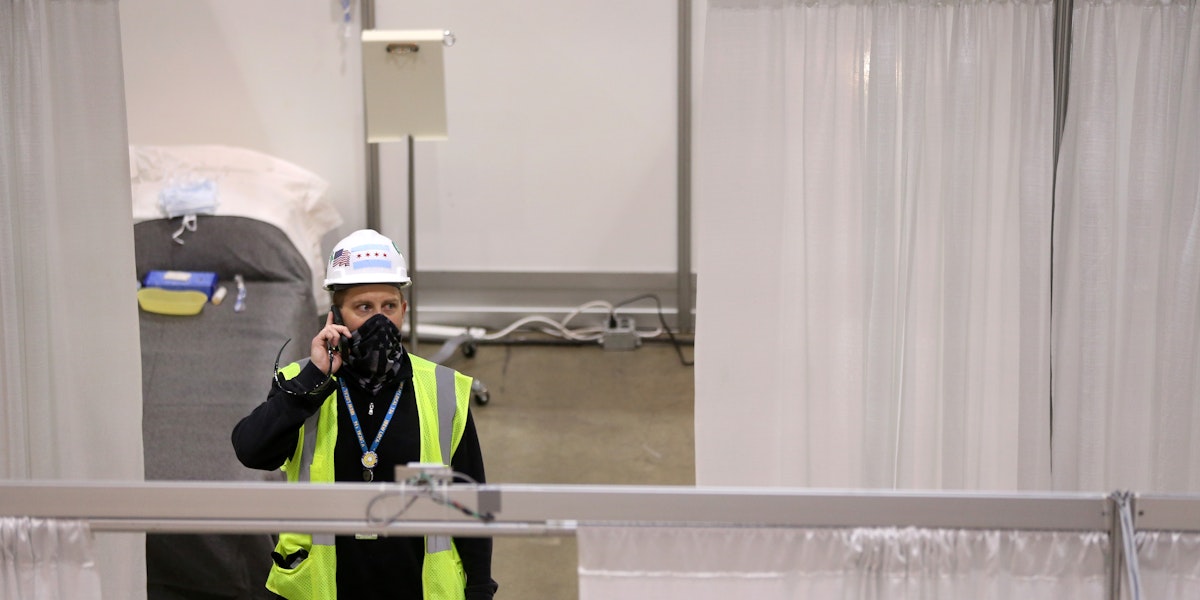Executive Summary
There’s a reason the Great Lakes region is considered the industrial heartland of our nation. Working people in the region of all races and backgrounds forge the steel, build the cars, and maintain the supply chains that keep America running. Manufacturing became a cultural symbol of Midwestern work ethic: grit in the face of adversity and pride in the quality of goods produced.
For too long, big, multinational corporations pushed some elected leaders to embrace harmful trade liberalization policies, such as most favored nation status with China and the North American Free Trade Agreement. These policy choices enabled corporations to shed about 1 million manufacturing jobs in Pennsylvania, Ohio, Michigan, and Wisconsin over the last three decades.
Corporate offshoring and closures destroyed jobs, which were never replaced with new ones of comparable quality, and disconnection from production work stifled innovation. Growing recognition of these losses has brought calls to re-shore and regrow well-paid manufacturing jobs. The past four years have brought significant federal government activity on issues affecting manufacturing, especially tax and trade policies, but these have failed to bring about a robust manufacturing recovery.
“Promises Unfulfilled: Manufacturing in the Midwest” outlines how decisions around trade, tax, investment, and labor policy have limited Midwesterners’ access to family-supporting factory jobs. The report features key data points about the recent challenges facing manufacturing in the region:
- A poorly executive trade war with China, weak trade negotiations with other countries, and policies that favor multinational corporations manufacturing goods overseas have stunted the manufacturing sector in America’s industrial heartland.
- Throughout 2019 and into early 2020, manufacturing job growth in Pennsylvania, Ohio, Michigan, and Wisconsin stalled. Manufacturing firms in these four Great Lakes states cut jobs by 0.5 percent in 2019, while jobs in the rest of the nation grew 0.7 percent. Even before the pandemic, the U.S. manufacturing sector entered a recession in the summer of 2019, according to Moodys.com chief economist Mark Zandi.
- COVID-19 destroyed a further 140,000 net manufacturing jobs in these states, including a partial recovery begun in June. As of July, there were 2,223,000 manufacturing jobs in the four states, indicating a drop that wiped out eight years of progress since the Great Recession.
- While people who hold manufacturing jobs in the Great Lakes states are still paid more than their counterparts in other industries, the wage premium has shrunk, from $3.72 in 2000 to $2.74 in 2019, and eroded for both men and women between 2016 and 2019 (in real 2019 dollars).
- Manufacturing workers with a high school diploma or less earn a wage premium over their counterparts in other sectors, though employers have used tactics—including union busting and domestic and foreign outsourcing—to push this premium down. A wage premium still exists for women ($0.88) and men ($1.81), workers who are Black ($1.46), white ($2.88), and brown (Hispanic workers of all races earn $0.93 more in manufacturing).
These four Great Lakes states have a trade deficit in each of their top ten export industries, all in the manufacturing sector. The deficit has grown during President Trump’s administration in eight of the ten major exporting industries in these four states.
Three case studies mentioned in this report illustrate how federal (and state) policy decisions have contributed to the challenges that continue to beset manufacturing communities.
- Racine County, Wisconsin’s Foxconn project underscores the problem with tax giveaways as economic development strategy: It failed to deliver on jobs promises despite a record $4 billion subsidy.
- General Motors’ Lordstown, Ohio assembly plant, which the company shuttered in favor of lower-wage Mexican production, shows how trade and tax policy continues to facilitate the transfer of quality jobs to low-wage suppliers and does too little to protect workers on either side of the border.
- At Fuyao glassworks, in Moraine, Ohio near Dayton, the company’s successful effort to crush workers’ recent attempt to form a union demonstrates the need and failure to enforce existing labor protections.
Rebuilding an innovative, inclusive, and sustainable manufacturing sector requires a fair tax code that raises enough revenue and requires the wealthiest to pay their share; making public investments to support access to capital; workforce training with robust job quality protections, to support a diverse, skilled and well-paid workforce; investment in technological innovation; and strong labor provisions that support wages and the ability of manufacturing workers in the U.S. and its trading partners to bargain collectively for better working standards.











